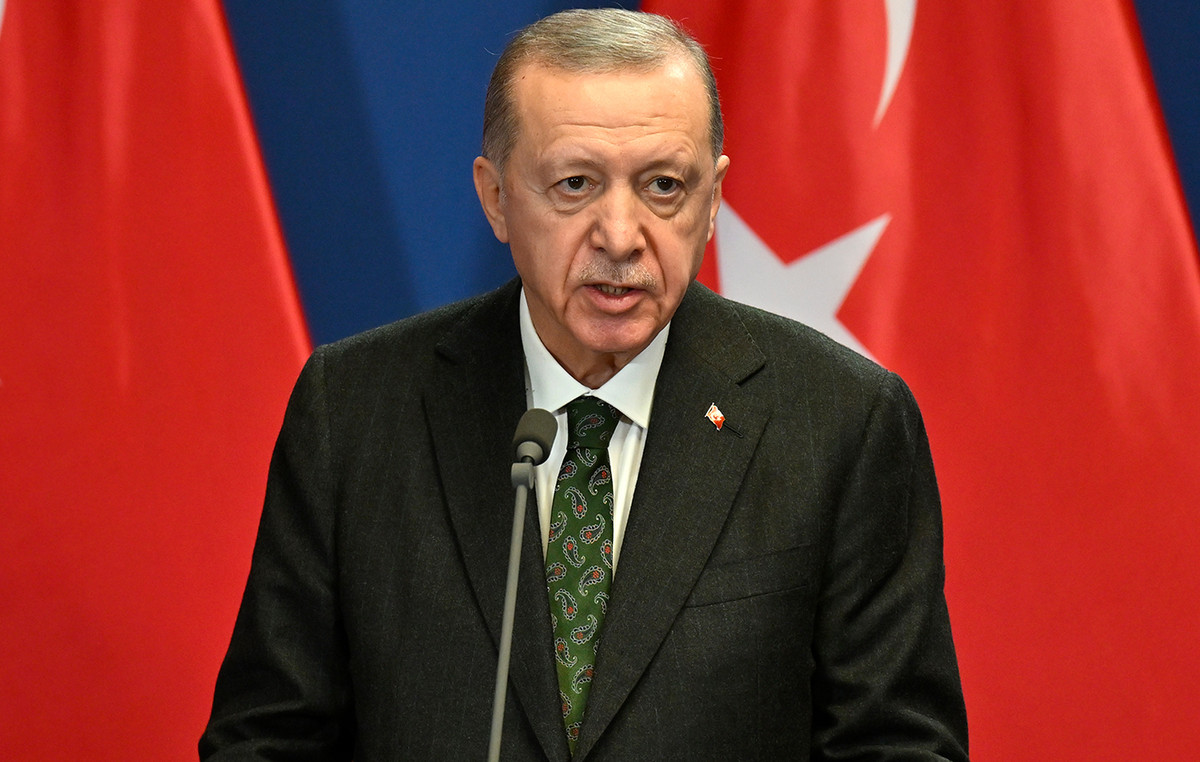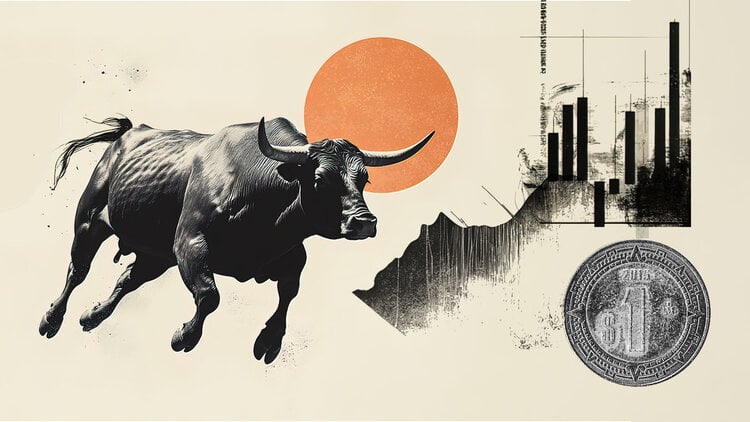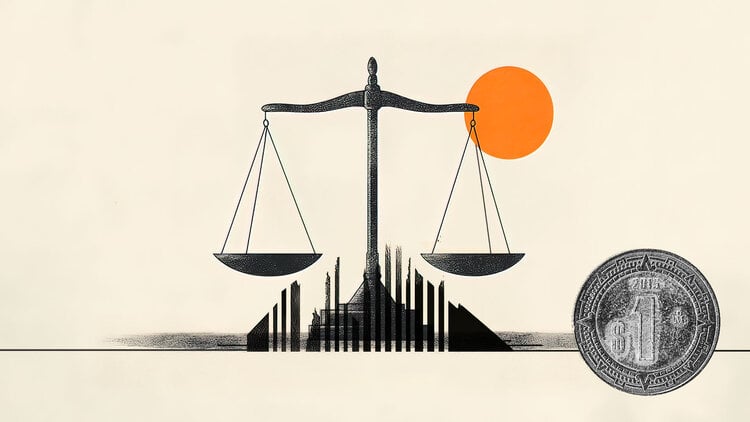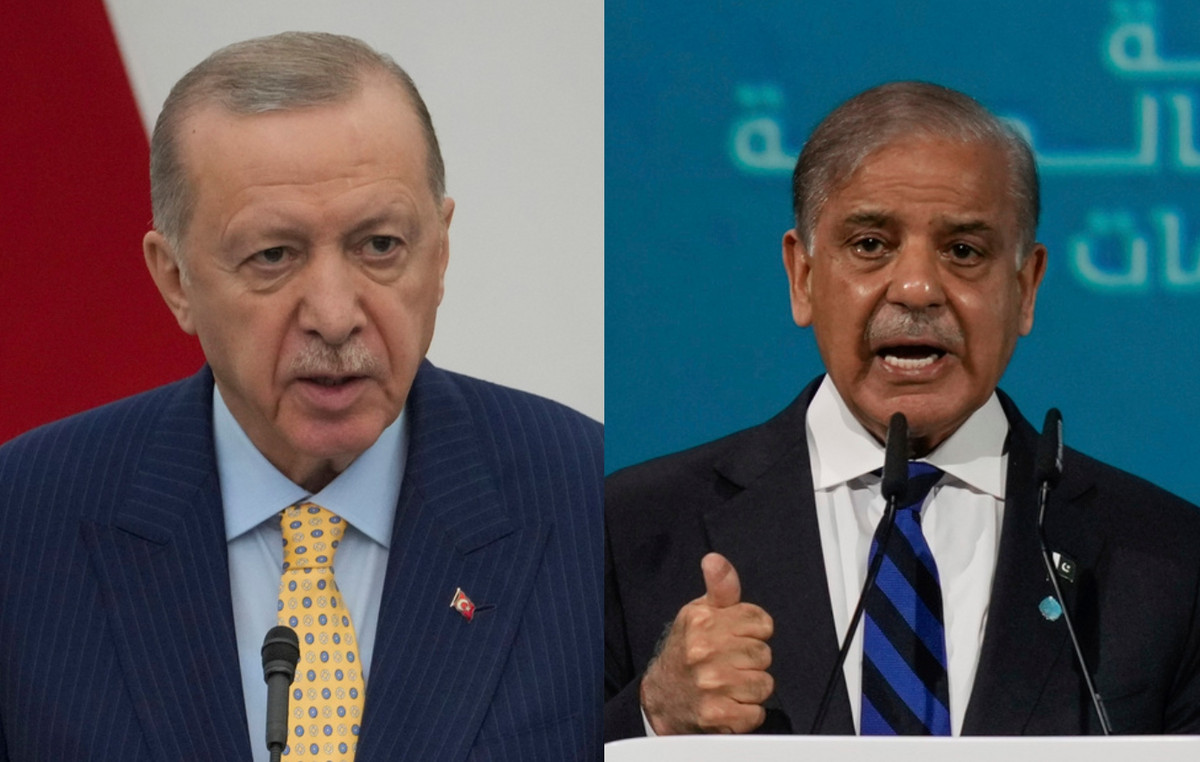The European Commission announced on Tuesday (6) that it will propose next month legal measures to gradually eliminate imports of Russian Gas and Liquefied Natural Gas (LNG) by the European Union (EU) by the end of 2027.
The block promised to end energy relations with Russia, the former main provider of the bloc, after the large-scale invasion of Ukraine by Moscow in 2022. The organization described how it plans to do this in a “script” published on Tuesday (6).
The EU executive will submit a proposal in June to prohibit the remaining imports of Russian Liquefied Gas and Natural Gas (LNG) under existing contracts by the end of 2027, he said.
The Commission will also propose, in the same month, the ban on Russian gas imports under new agreements and contracts spot existing until the end of 2025.
“The time has come for Europe to completely cut energy ties with an unreliable supplier. And the energy that comes to our continent should not pay for a war of assault against Ukraine,” the European Commission chairman, Ursula Von de Leyen, said in a statement.
The US is pressing Russia for a peace agreement with Ukraine, which, if reached, can reopen the doors for Russian energy trade and relieve sanctions.
But while executives of some EU industries have signaled support for the return of Russian gas, the European Union continues with efforts to break energy ties of decades with Moscow.
About 19% of European gas still comes from Russia, through the Turkstream pipeline and liquefied natural gas shipments – yet, the number represents a drop from about 45% before 2022.
The European Commission signaled the desire to buy more LNG from the United States to replace Russian volumes, a measure required by President Donald Trump as a way to reduce the European Union’s commercial surplus with the country.
Approval is necessary to end imports
The commission did not specify which legal options to use to allow European companies to rescind existing Russian gas contracts.
New legislative proposals need approval of the European Parliament and a reinforced majority of European Union countries.
The European group imposed sanctions on Russian coal and most oil imports, but not gas. This is due to the opposition of Slovakia and Hungary, which receive Russian pipeline supplies and claim that the move to alternatives would increase energy prices.
Sanctions require unanimous approval of the 27 EU countries.
European Union nations will be required to present national plans for the gradual elimination of Russian gas and, in the case of Slovakia and Hungary, which still import more than 80% of its Russian oil.
The overall supply of LNG should remain restricted this year, but with the new supply scheduled for 2026 in countries such as the US and Qatar, a global surplus is expected by 2030, the International Energy Agency is expected.
The commission stated that the proposals, if implemented in parallel with the evolution of the global market, should limit any impact that the gradual elimination of Russian gas may have on European energy prices.
The European group is also betting on renewable energy to reduce the overall use of fossil fuels.
European buyers still have “Take-Ray” contracts with Gazprom, which require those who refuse to receive gas to pay most of the contracted volumes.
Lawyers say it would be difficult to invoke “force majeure” to terminate these agreements without exposing buyers to financial penalties or arbitration.
The EU imported 32 BCM of Russian gas by pipeline and 20 BCM of Russian gnl last year.
In total, two thirds of this supply comes from long -term contracts, while one third are uncomfortable “spot” purchases.
The Commission will also propose measures next month aiming at Russian enriched uranium, including restrictions on new supply contracts coarsened by the Euratom Supply Agency, he said.
This content was originally published in the European Commission will propose suspension of Russian gas imports by 2027 on the CNN Brazil website.
Source: CNN Brasil
Bruce Belcher is a seasoned author with over 5 years of experience in world news. He writes for online news websites and provides in-depth analysis on the world stock market. Bruce is known for his insightful perspectives and commitment to keeping the public informed.







